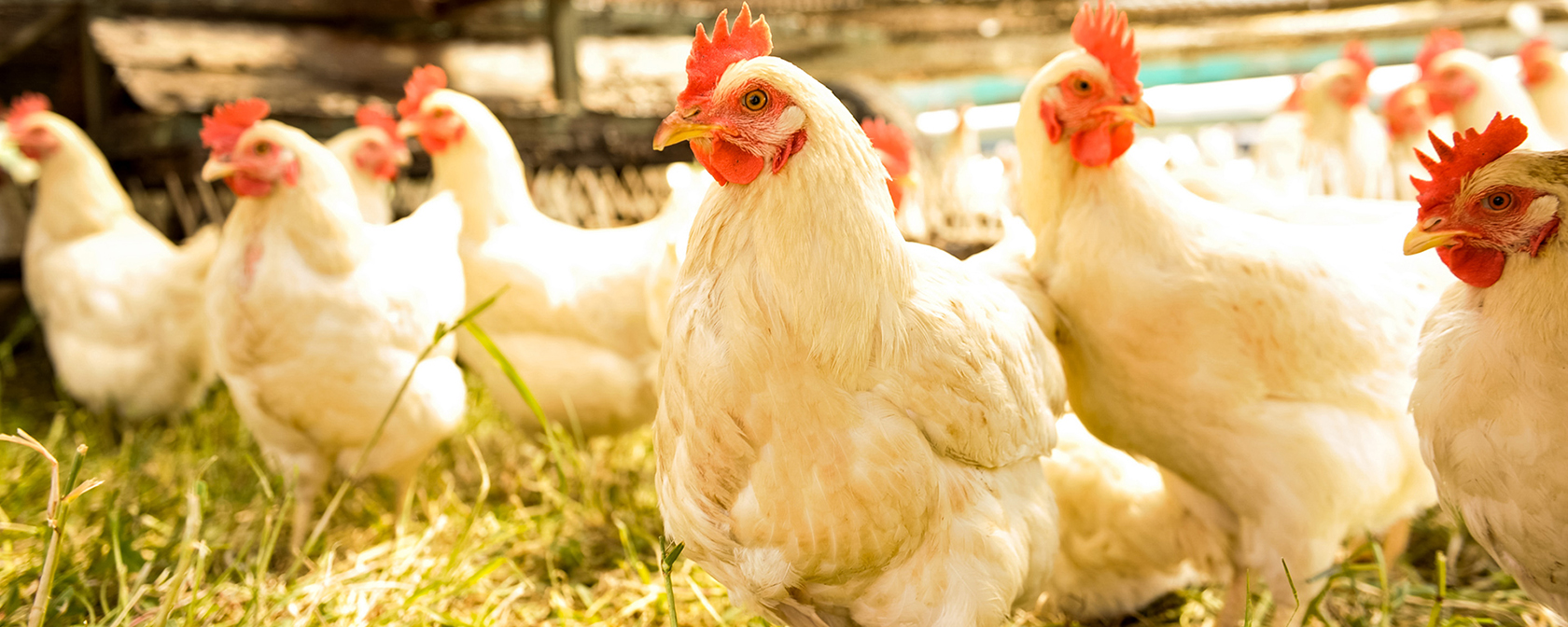By Sara Amundson and Kitty Block
Every day of every year, we take meaningful action to create a better world for animals. In the U.S., our State Affairs team works across the country to help protect animals in a variety of ways. One of the most important involves partnering with elected officials, law enforcement agencies, individual advocates and other parties to ensure that animal welfare legislation is put into place and then properly enforced.
In 2025, several significant state-level measures resulting from our public policy efforts take effect. These are milestone achievements which will alleviate suffering and improve the lives of animals across the nation.
On Jan. 1, 2025, laws in Colorado and Michigan that ban the production and sale of eggs from caged hens came into force. We are proud to have led the campaigns to enact these laws, which we anticipate will help protect more than 10 million birds each year. A public policy approach that produces strong legislation is crucial to our campaign to end the cruel practice of confining hens in battery cages, wire cages that are so small that the birds trapped inside them can’t even spread their wings.
Our efforts to protect wildlife have also produced new laws to strengthen safeguards for animals in their natural habitats and discourage their exploitation in captive settings.
As the new year began, a Massachusetts law banning the use of elephants, big cats, primates, giraffes and bears in traveling shows took effect. This success was the result of a decades-long campaign to address the cruel display of animals in such contexts.
In Minnesota, a new fur farming law is also now in force, requiring fur farms to register with the state. This will increase transparency concerning the scale of this industry there, and the law allows the state to conduct inspections of fur farms and mandates that the Department of Natural Resources perform disease testing at these facilities.
The new year brings exciting advancements in companion animal welfare, too. In North Carolina, a new policy will enable shelter veterinarians to provide services for owned animals, to facilitate greater access to care. New legislation in Pennsylvania will protect the pets of survivors of domestic violence, helping them to escape abusive situations without having to leave their beloved companion animals behind.
As 2025 opens, we also celebrate a great marker of progress in our efforts to end outdated and unnecessary testing on animals as Washington’s Humane Cosmetics Act takes hold. This law, which prohibits the sale of cosmetics that have been newly tested on animals, is the 12th such measure passed at the state level across the country. We’re certain that it will prevent unnecessary suffering of rabbits, guinea pigs, mice and rats, animals who are typically used to test cosmetic ingredients, put more pressure on the industry to move toward a cruelty-free future, and strengthen our campaign to secure passage of the Humane Cosmetics Act at the federal level.
Finally, in an important action targeting extreme cruelty, a law taking effect in Oregon punishes participation in, creation and distribution of videos, photos, or other visual recordings of aggravated animal abuse with a maximum of five years in prison, $125,000 fine, or both. The law closes a serious gap, since the jurisdiction of federal laws on this subject is limited to instances involving interstate commerce.
All this progress flows from the steadfast support from animal welfare advocates who have given a voice to those who can’t speak for themselves. Whether you donated to a cause, contacted your representatives, or shared a petition with your friends and family, you are the momentum behind this movement.
If you would like to join us in fostering a more compassionate world for animals, sign up to get more involved in our work. Your help is crucial in helping us to create lasting change for animals.
Sara Amundson is president of Humane Society Legislative Fund.




